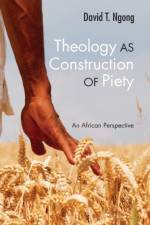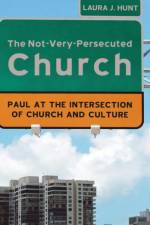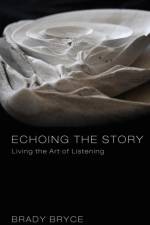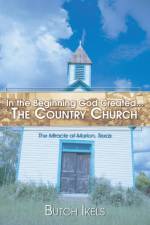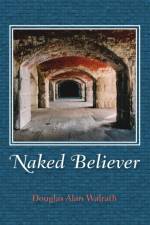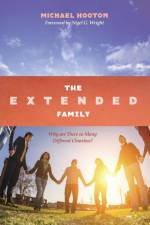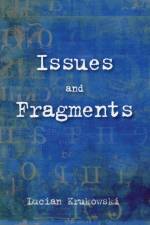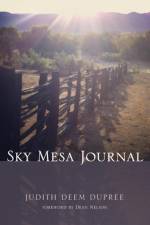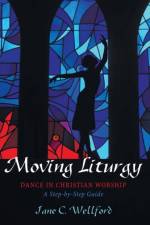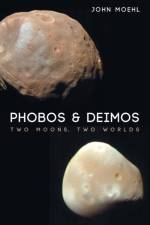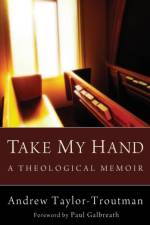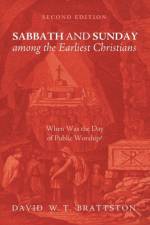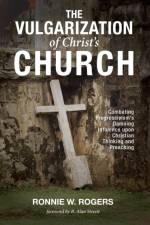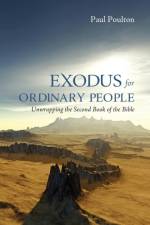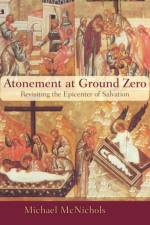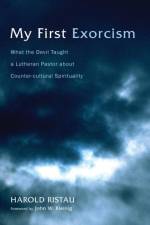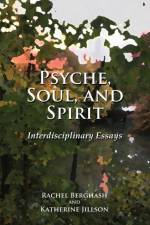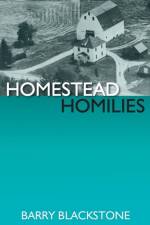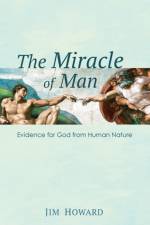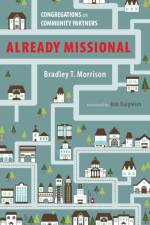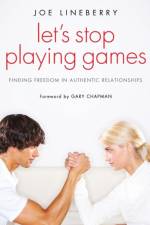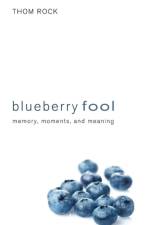av Michael McNichols
535,-
Description:An essential part of Christian orthodoxy is the belief that Jesus died at a particular point in human history. But it is not that Jesus died that has caused Christians to grapple with their understanding of faith; it is why he died that creates the struggle.For centuries Christian thinkers have wrestled with the concept of the atonement. How the death of Jesus would result in the reconciling of the world to God is no simple puzzle. Yet, this complex topic is often viewed through certain doctrinal filters that reduce the richness of the atonement into single concrete, culturally based images. The New Testament, however, offers multiple metaphors in describing the atoning work of God in Christ. Returning to the stories of the earliest witnesses to Jesus'' life, death, resurrection, and ascension--the ground zero of our faith--offers the opportunity to suspend, if only briefly, our doctrinal preferences and step into the shoes of those who saw Jesus die and later return to them as their resurrected Lord. In doing so, we open the possibility of seeing the atonement with fresh eyes, recognizing the broad reach of God''s love and learning to communicate that love in new ways.Endorsements:""Atonement at Ground Zero is a gift of the Spirit. McNichol''s imaginative narrative of the experiences and impressions of those who stood at ground zero wraps itself around you, unlocking cages and drawing you into the very heart of the atonement event. I couldn''t put the book down. In the diversity of emotions, longings, and fears that shape the narrative, we see ourselves, and are drawn into worship as we realize afresh that Jesus died for us.""--Graham Buxton, author of Dancing in the Dark""Theories and abstract doctrines invite mental assent. They give us something to argue about. An ongoing story invites our participation and our formation into that story. This is where Atonement at Ground Zero is at is best, causing readers to spread wide their mental arms to embrace the whole of the Jesus story as participants, not mere thinkers.""--Todd Hunter, author of Our Favorite Sins ""With all the current posturing and heated arguments over the nature of the atonement, this book is a welcome response and balm. McNichols invites us to explore again the depths of the cross, whilst ably guiding us through the views of the atonement. But most importantly, his navigation leads us not to more heated debate, but the ability to understand all sides with a renewed confidence in the atonement, and of how we might live and declare it to others.""--Jason Clark, coauthor of Church in the Present Tense""Without denying the helpfulness of theological constructions and metaphors to understand the atoning work of Christ, McNichols recalls us to the biblical narrative to rediscover the width, breadth, and depth of an atonement that extends far beyond what any one theory will hold. Through insightful retelling and sermonic illustration he takes us back two thousand years and re-members us to the original significance of what Christ has done.""--Dennis Okholm, author of Monk Habits for Everyday PeopleAbout the Contributor(s):Michael McNichols served for ten years as a pastor and is now Director of Fuller Theological Seminary''s Regional Campus in Irvine, California. He is the author of Shadow Meal: Reflections on Eucharist (2010) and The Bartender (2008).

